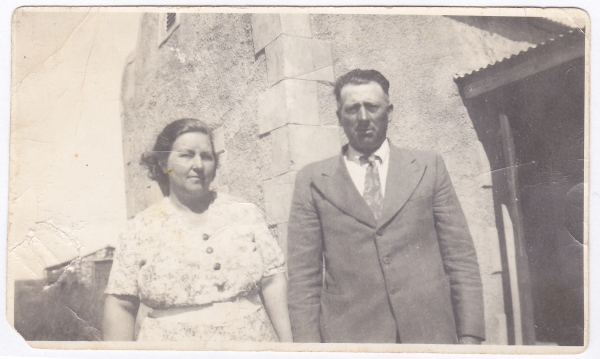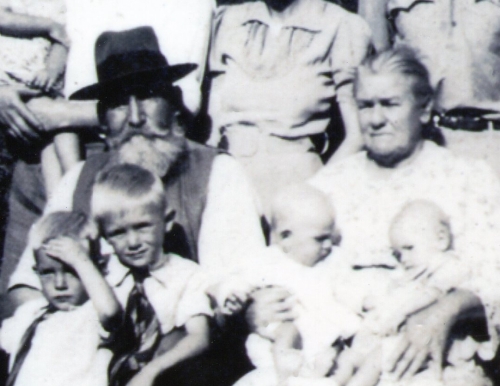FRIDAY, 29 APRIL 2016
A few years ago, I spent a lot of time doing things I didn’t really believe in. These activities included developing internet properties I wanted to sell, producing content I wanted to sell to other internet marketers, and trying to sell information products developed by other people to other people who would eventually sell it to end users who hopefully needed the information.
What does it mean that I had to believe in what I was doing? And why should I believe in what I am working on, or in what I spend a significant number of hours on every day?
I think it has to do with my view of human beings. I think humans are fantastic animals. Indeed, one could almost say humans are miracle beings – the sophisticated mechanics, the breath-taking complexity of what goes on in the brain, and the complex dynamics of interpersonal relationships.
With this as a starting point, I believe you should keep yourself busy with activities worthy of your complexity and sophistication.
You can go through a long list of activities on your own to determine how appropriate they are: reading, thinking, writing, cooking, athletic competition, designing websites, managing a coffee shop, treating sick or injured animals, fixing teeth, teaching English classes to Taiwanese students, and so on.
What I did until a few years ago was to kick against the pricks. I had already known that what made me the happiest was to think about things and write down what I thought. Later I would return to the notes I had made, rewrite some parts, add text here and there, sharpen some sentences and so on. Eventually I learned to publish these notes so that other people could also read what I had written. Year in and year out, again and again and again I realised that to be engaged in this creative process was my natural state. I could pressure myself into any direction, force myself into different roles, convince myself that I had to do all sorts of activities that were supposed to make money. But I always knew that if I gave myself half a chance, I would return to my natural condition.
This process of thinking and reading and making notes and later publishing them qualifies in my opinion as a series of activities appropriate for a fantastic animal to keep him- or herself busy with. I reckon it is furthermore a case of opportunity seized and time being properly made use of.
Of course, everyone has to earn their bread and butter and roof over their heads. So, do I believe in the things I currently do to make money? Are these appropriate activities for a fantastic animal?
I believe in the value of language studies. Trying to master a second or third language is in my opinion a worthy and highly valuable endeavour. I have therefore no problem spending time with individuals keen on improving their language skills. I also have no problem recommending a product that I believe provide good value to language students. I also don’t mind investing time and money creating products that meet the needs of this particular market.
At one stage I developed an obsession about the reason why I worked so hard yet ended up having so little fruit of my labour to enjoy. I came up with something like nine or ten reasons, including lack of investment capital and partners, the fact that I didn’t focus on abundance, and that I did not solve enough problems for enough people. One reason that had never occurred to me was that I did not believe in what I was doing. And I guess I didn’t believe in what I was doing because the thought flickered on and off somewhere in my grey matter that what I was keeping myself busy with were not appropriate activities for a fantastic animal with only one chance at life.
SATURDAY, 30 APRIL 2016
00:34
What about sports betting and trading on the financial markets? Why do I have no problem keeping myself busy with these things? Do I believe in them? Do I think these activities are appropriate?
Answer: I can accept that I do not believe in these things, because they do not keep me busy for long enough to be a problem.
01:39
I just discovered this note, dated Tuesday, 12 October 2010: “If I am not committed to something, the likelihood is slim that the project will be completed. And even if it gets done, the probability of success is not very high. Also, if I do not BELIEVE in something, I cannot be committed to it.”
Postscript (December 2016)
It is easier to believe in what you do when you create value for someone else. The author of Killing Sacred Cows, Garrett Gunderson, writes: “How can it be risky to wake up each morning and do what we love doing, provided it […] creates value in the world.”
He also quotes Steve Farber: “Do what you love in the service of people who love what you do.”
From what I learned a few years ago, I can add to this: Do things you enjoy doing for people who appreciate what you do because you lead them away from a place where they do not want to be; because you guide them to a place where they do want to be; because you make things easier for them; because you entertain or comfort them; or because you teach them something or help them to understand things better. Do these things for people, and you probably won’t have a problem believing in what you do.
______________________

